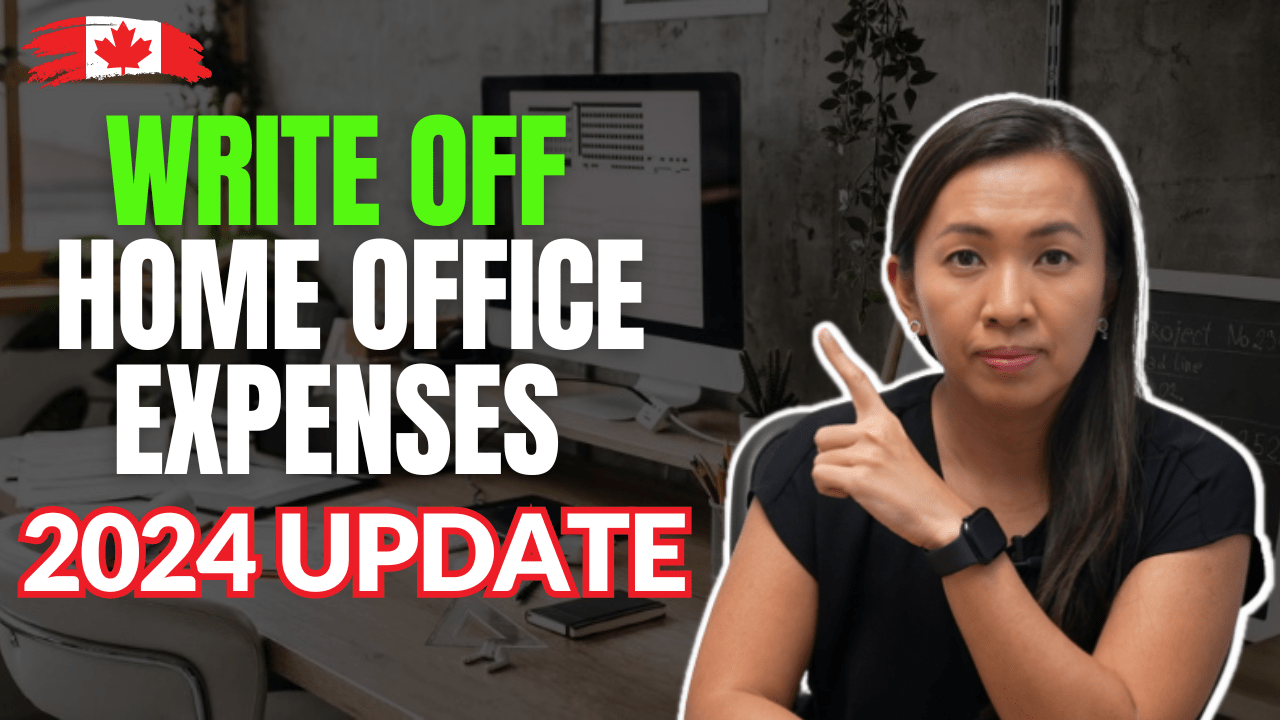 In my last post, I discussed what factors were involved in determining whether or not an RTO (rent-to-own) arrangement should be considered as a business or capital in nature. I also mentioned that the 3 streams of income the landlord receives in an RTO arrangement should be reported as income if it is considered as a business.
In my last post, I discussed what factors were involved in determining whether or not an RTO (rent-to-own) arrangement should be considered as a business or capital in nature. I also mentioned that the 3 streams of income the landlord receives in an RTO arrangement should be reported as income if it is considered as a business.
As a lot of you pointed out, you have to spend money in order to maintain your rental property so where does the money come in? Well as long as you find cheap ways to keep the house maintained, the cost of the repairs shouldn’t prevent profit. Maintaining a property can sometimes cost money short term, but will be worth it in the long run. In this post, I am going to discuss the treatment of these 3 streams of income if the RTO arrangement is to be considered capital in nature.
1. Downpayment for the option to purchase the house at a specified price
Depending on how the arrangement has been written, if the non-refundable downpayment is used to pay for the option to purchase the house at the end of the 2 or 3 year term, the Income Tax Act (ITA) allows the taxpayer to report the downpayment as capital gain the year he receives the money.
If the agreement does not specify this amount is for the purpose of purchasing the option and because it is non-refundable, the investor is required to report it as income.
However, in most rent-to-own option agreements I’ve worked on it clearly specifies that the downpayment is used to pay for the option. It’s most likely, the investor can report it as the capital gain in the year he receives it.
2. Monthly rent and the rent credit
For the monthly rent component, similar to any rental income, the investor has to report it as income the year he receives it.
As for the rent credit, the tax treatment depends on how your agreement is written.
If it is written in a way that the rent credit is used to maintain the option to purchase the house at the end of the 2 or 3 year term, similar to the downpayment, the rent credit can then be reported as capital gain the year the investor receives it.
I had a discussion with some rent-to-own experts about this rent credit reporting treatment. One concern that was raised was if the agreements clearly specified the rent credit is for the maintenance of the purchasing option at the end, such agreement may not be able to stand the ruling at the Landlord Tenant Board in case the tenant/buyer defaults their rent.
Most importantly, the amount of rent credit collected on an annual basis is small. The corresponding tax liability is also low in comparison.
3. Purchase option at the end
If the tenant/buyer does not exercise the option at the end of the 2 or 3 year term, and all the reporting has been done properly then the landlord investor has nothing to worry about.
If the tenant/buyer exercises the option at the end of the option period, the landlord investor must take the following steps:
- For the years that the landlord investor reports capital gain on the downpayment and rent credit, amended return needs to be filed to reduce the capital gain.
- For the current year, the landlord investor adds the downpayment and the rent credit (received in prior years) to the proceeds and reports the cost of the house accordingly to calculate the capital gain.
And that’s it!
That’s really all you need to know about Rent-to-Own taxation. You should now be able to tell if your RTO arrangement is a business or capital in nature, and know how to report the 3 streams of income you receive during the RTO period when you have to file your taxes.
If you have any other questions about RTO taxation, or maybe you still feel a little confused, feel free to reach out to me here and my contact page and I’ll get in touch with you.





Heather
Where exactly (what line and schedule) do you record the capital gains? Sch 3? but where and how because it’s not a sale of real estate.
Thanks!
Cherry Chan
Hi Heather, it is best to consult a professional accountant. You can email our office or find a local accountant that knows real estate tax to work with.